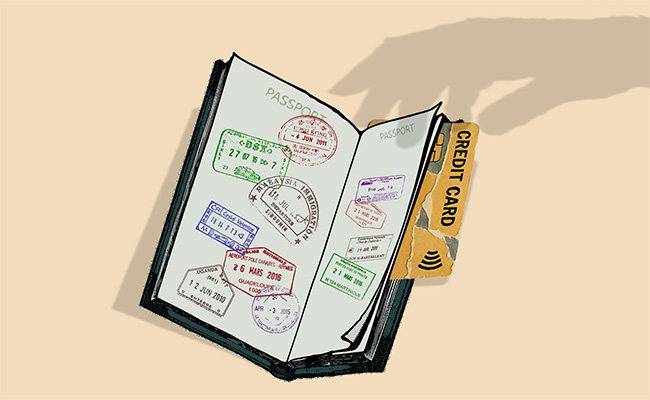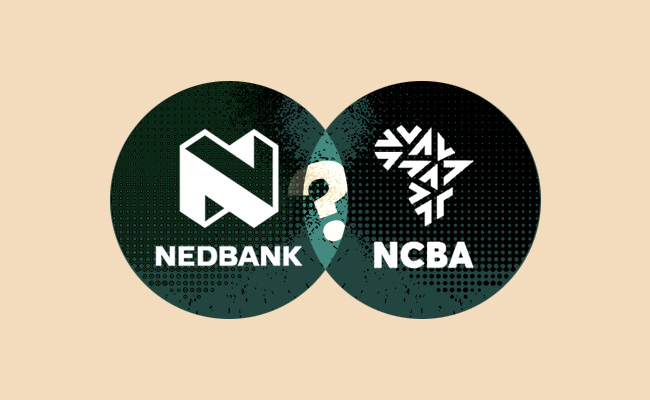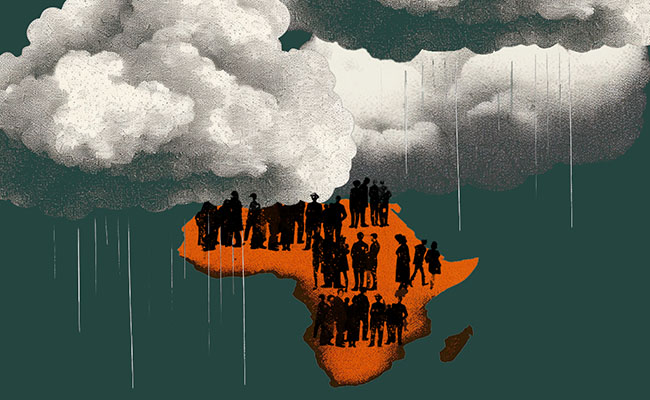It’s a cruel irony of modern travel: just as the world has opened up again after Covid, the fraudsters have too. Airports, once temples of tedium, are now hunting grounds for scammers who understand one thing better than any airline executive: stressed passengers make easy prey.
According to Jason Lane-Sellers, director of fraud and identity at LexisNexis Risk Solutions, the travel scam industry has grown “like loyalty miles on steroids” since the pandemic. Locked-down passengers let their air miles and hotel points pile up, unattended, unmonitored and therefore ripe for the picking.
Hackers quickly noticed that millions of unguarded points are as good as cash. In fact, they are cash – redeemable not only for flights, but for hotel stays, car rentals, luxury gadgets and even Coldplay VIP tickets.
The repertoire of travel fraud now reads like a menu of misery:
- Flight chaos scams. When flights are cancelled or delayed, scammers swoop in with fake websites and premium-rate phone numbers that look convincingly like the airline’s own. Harassed travellers googling “customer service” at midnight in OR Tambo often end up paying fraudsters instead of rebooking.
- Fake airport Wi-Fi. The hotspot promising “Free airport Wi-Fi” could as well be named “Welcome to identity theft”. Log on, and your passwords, emails and travel details become someone else’s holiday.
- Social media mirages. Sponsored ads for too-good-to-be-true packages or “official” last-minute specials circulate on Facebook and Instagram faster than airlines can report them. By the time the ad disappears, so has your money.
- Stolen travel rewards. Hackers break into loyalty accounts, drain points and sometimes even cancel genuine bookings just to have them refunded into their own “mule” accounts. Victims discover the crime only when they arrive at the airport for their dream holiday – to find their dream, and their flights, have vanished.
Lane-Sellers says one airline alone recorded 47,000 attempted account breaches in a three-month period. In another case, hackers siphoned off the equivalent of £12m-£16m in loyalty points in a single weekend.
“It’s not small beer,” he says. “It’s a full bar.”
Confetti currency
Part of the problem, he argues, is psychological. Airlines have long treated loyalty points as a kind of confetti currency – pretty, fun, but not really money. Customers see it the same way. But in reality, those points are banknotes with wings. They can be traded, converted and resold with all the agility of bitcoin, only with fewer regulators watching.
The industry, meanwhile, is playing catch-up. Fraud units designed to stop dodgy card payments are suddenly expected to monitor a parallel economy of digital miles, vouchers and household accounts. It’s like asking the baggage handler to also fly the plane.
Africa, with its major hubs and enthusiastic outbound travellers, is fertile ground. Take passenger traffic: it’s expected to grow to 113-million for 2025 from 98-million last year – a 15.3% increase, says the African Airlines Association.
Loyalty programmes are taking root in the continent too. The overall loyalty market ran at a 19.8% compound annual growth rate from 2020-2024 and is forecast to expand 15.6% annually through 2029, according to a Research and Markets report.
In all, it means airports are crowded, airlines are under strain and passengers – often booking trips piecemeal on the internet – are exposed. Gone are the days when a travel agency stitched together your itinerary (and assumed the risk). Today, the “independent traveller” is also more vulnerable.
What to do? The advice is depressingly familiar, because it is the same advice your bank gives:
- Don’t reuse passwords.
- Check your loyalty accounts as if they were bank accounts (because they are).
- Don’t click on sponsored links – go directly to the airline’s site.
- If your Wi-Fi is free, assume you’re paying with your identity.
It may sound tedious, but the alternative is worse: turning up at the airport for your 25th anniversary trip only to find that your flights have been cancelled, your points stolen, and your holiday downgraded from the Maldives to Midrand.
In the end, travel fraud works because travellers are distracted, hurried and hopeful. It is the perfect storm of human behaviour and digital deception. The fraudsters know this. The airlines are slowly waking up to it.
Top image: Rawpixel/Currency collage.
Sign up to Currency’s weekly newsletters to receive your own bulletin of weekday news and weekend treats. Register here.













